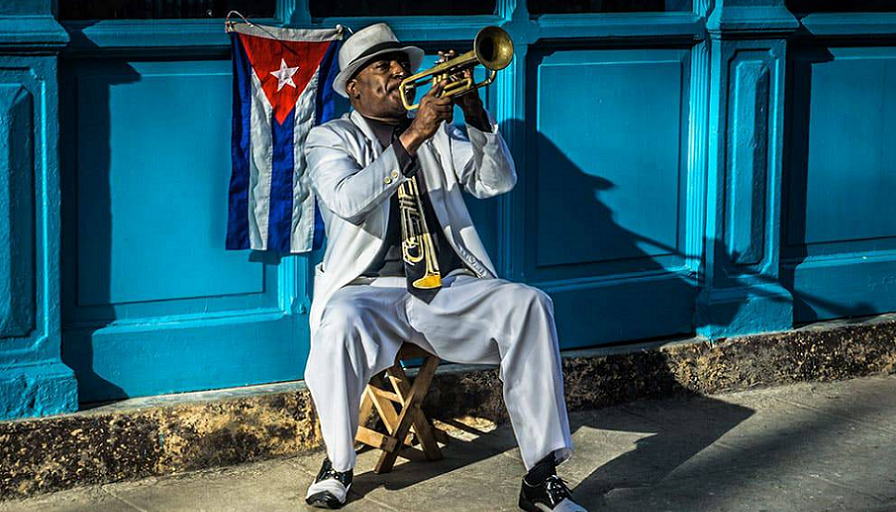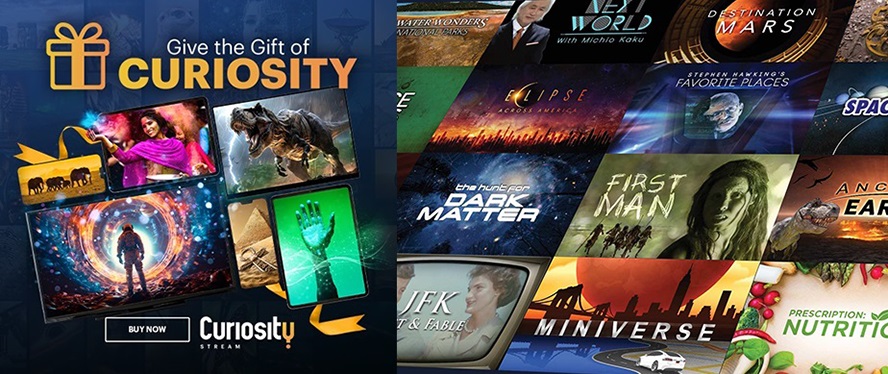
Music is a powerful vessel that carries the emotions, struggles, triumphs, and stories of people across time. More than mere entertainment, songs connect generations, transcend borders, and give voice to the voiceless. They weave the fabric of culture and history, providing a melodic map through which we can explore who we are and where we come from. Whether through the haunting strains of a folk song or the rhythmic beats of a tribal drum, music tells a tale of a people’s journey and stands as a testament to the human spirit.
Contents
The Roots of Cultural Expression
Every culture has its own unique soundscape that resonates through the ages. These soundscapes are composed of the melodies and harmonies that arise from traditional songs and instruments. For instance, the indigenous tribes of Africa employ the djembe drum not just for musical expression, but as a means of communication and storytelling. These drums speak a language of their own, conveying messages and linking communities through rhythm.
In the same vein, the soulful strains of the Irish fiddle tell tales of joy and sorrow, mirroring the tumultuous history faced by the Irish people. Gaelic songs, passed down through generations, serve both as a remembrance of cultural heritage and a rallying cry for unity. Each note and lyric is imbued with meaning, capturing the trials and celebrations that define a people.
Genealogy and Songs of Ancestry
Our genealogical roots are entwined with the songs of our ancestors. Music acts as a living archive of family history, each verse a chapter in our lineage. For many communities, tracing back a family tree is not just about names and dates – it’s about reclaiming the sounds and stories of the past. Folk songs and spirituals, often created during times of struggle, contain encoded messages and wisdom that inform future generations.
For instance, African American spirituals not only reflect the resilience of those who endured the horrors of slavery but also serve as a poignant connection to ancestral roots. By singing these songs, descendants maintain cultural memory and celebrate a heritage that has been preserved despite adversity.
The Evolution of Storytelling in Song
As societies evolve, so too do their musical narratives. Modern music often fuses elements of traditional sounds with contemporary influences, creating a new dialogue between past and present. This blending can be seen in genres like hip-hop, where artists incorporate sampling to create songs that are both innovative and conversational with history.
Consider how artists like Nas and The Roots weave samples of jazz, blues, and early soul into their music. The sampling technique serves as an audio scrapbook, allowing listeners to hear the historical context directly. It transforms music into a layered narrative, where past melodies support modern lyrics that address current social issues.
Music as a Mirror to Society
Each era of music reflects the societal norms, conflicts, and revolutions of its time. During the 1960s, for example, music played a pivotal role in the civil rights movement, with songs like Bob Dylan’s “Blowin’ in the Wind” and Sam Cooke’s “A Change Is Gonna Come” capturing the essence of the struggle for equality.
In our current digital age, music continues to echo societal changes. Online platforms allow for a global exchange of ideas, and musicians from different cultures collaborate to create new sounds. This access and collaboration enable music to remain a relevant and evolving form of storytelling.
Retaining Cultural Identity Through Music
Preserving musical traditions is crucial for maintaining cultural identity. In many cases, traditional songs are taught orally and come with customs that engage communities in collective memory. This is particularly evident in cultures where written languages are not prevalent, and music serves as a primary form of record-keeping and education.
The Maori people of New Zealand, for example, use Haka, a traditional war dance accompanied by song, as a means of conveying ancestral stories and values. This practice is imbued with cultural pride and provides an educational experience that teaches the young both their history and their spiritual connection to the world.
The Role of Festivals and Gatherings
Music is often at the heart of cultural festivals and gatherings, acting as a bridge that connects individuals to their collective heritage. Festivals such as Mardi Gras in New Orleans or Brazil’s Carnival showcase vibrant music that pulls from a rich cultural tapestry. Attending such events allows both participants and observers to witness the rhythm of history in action, creating a shared sense of identity and belonging.
These gatherings are more than just celebrations; they are an opportunity to pass down traditions and ensure that the stories embedded in music continue to be told and retold. They provide a stage on which the music of memory continues to resonate with new generations.
Music is an integral part of the human experience, serving as a powerful conduit for cultural expression and historical storytelling. From its role in documenting genealogy to its influence in shaping modern narratives, music’s significance cannot be understated. It captures the essence of a people, preserves shared memories, and provides a platform for voices to be heard across time. As we listen to the music of memory, we attune ourselves to the stories that have shaped our past, inform our present, and inspire our future.

